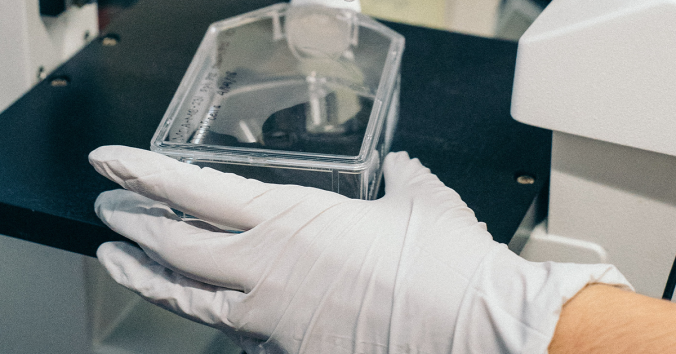In order to counteract scientific misconduct and harmful research, one often talks about protecting and supporting research integrity. The term seems to cover three different aspects of research, although the differences may not always be fully in mind. The term can refer to the character traits of individual researchers, for example, that the researcher values truth and precision and has good intentions. But the term can also refer to the research process, for example, that the method, data and results are correctly chosen, well executed and faithfully reproduced in scientific publications. Third, the term can refer to research-related institutions and systems, such as universities, ethical review, legislation and scientific journals. In the latter case, it is usually emphasized that research integrity presupposes institutional conditions beyond the moral character of individual researchers.
Does such a varied concept have to be problematic? Of course not, but possibly the concept of research integrity is less suitable, argue Gert Helgesson and William Bülow in an article that you can read here: Research Integrity and Hidden Value Conflicts.
In the article, they first discuss some ambiguities in the three uses of the concept of research integrity. Which personal traits are desirable in researchers and which values should they endorse? Does the integrity of the research process cover all ethically relevant aspects of research, including the application process, for example? Are research-related institutions actors with research integrity, or are they rather means that support research integrity?
Mentioning these ambiguities is not, as I understand it, intended as a decisive objection. Nor do the authors think that it is generally a shortcoming if concepts have a wide and varied use. But the concept of research integrity risks hiding value conflicts through its varying use, they argue. Suppose someone claims that, in order to protect and support research integrity, we should criminalize serious forms of scientific misconduct. This is perhaps true if by research integrity we refer to aspects of the research process, for example, that results are accurate and reliable. But the stricter regulation of research that this entails risks reducing the responsibility of individual researchers, which can undermine research integrity in the first sense. How should we compare the value of research integrity in the different senses? What does it mean to “increase research integrity”?
The concept of research integrity is not useless, the authors point out. But if we want to make value conflicts visible, if we want to clarify what we mean by research integrity and which forms of integrity are most important, as well as clear up the ambiguities mentioned above, then we will examine issues that are appropriately described as issues of research ethics.
If I understand the authors correctly, they mean that ethical questions about research should be characterized as research ethics. It is unfortunate that “research integrity” has come to function as an alternative designation for ethical questions about research. Everything becomes clearer if any questions about “research integrity,” if we want to use the concept, fall under research ethics.

Written by…
Pär Segerdahl, Associate Professor at the Centre for Research Ethics & Bioethics and editor of the Ethics Blog.
Helgesson, G., Bülow, W. Research Integrity and Hidden Value Conflicts. Journal of Academic Ethics 21, 113–123 (2023). https://doi.org/10.1007/s10805-021-09442-0
We like ethics


